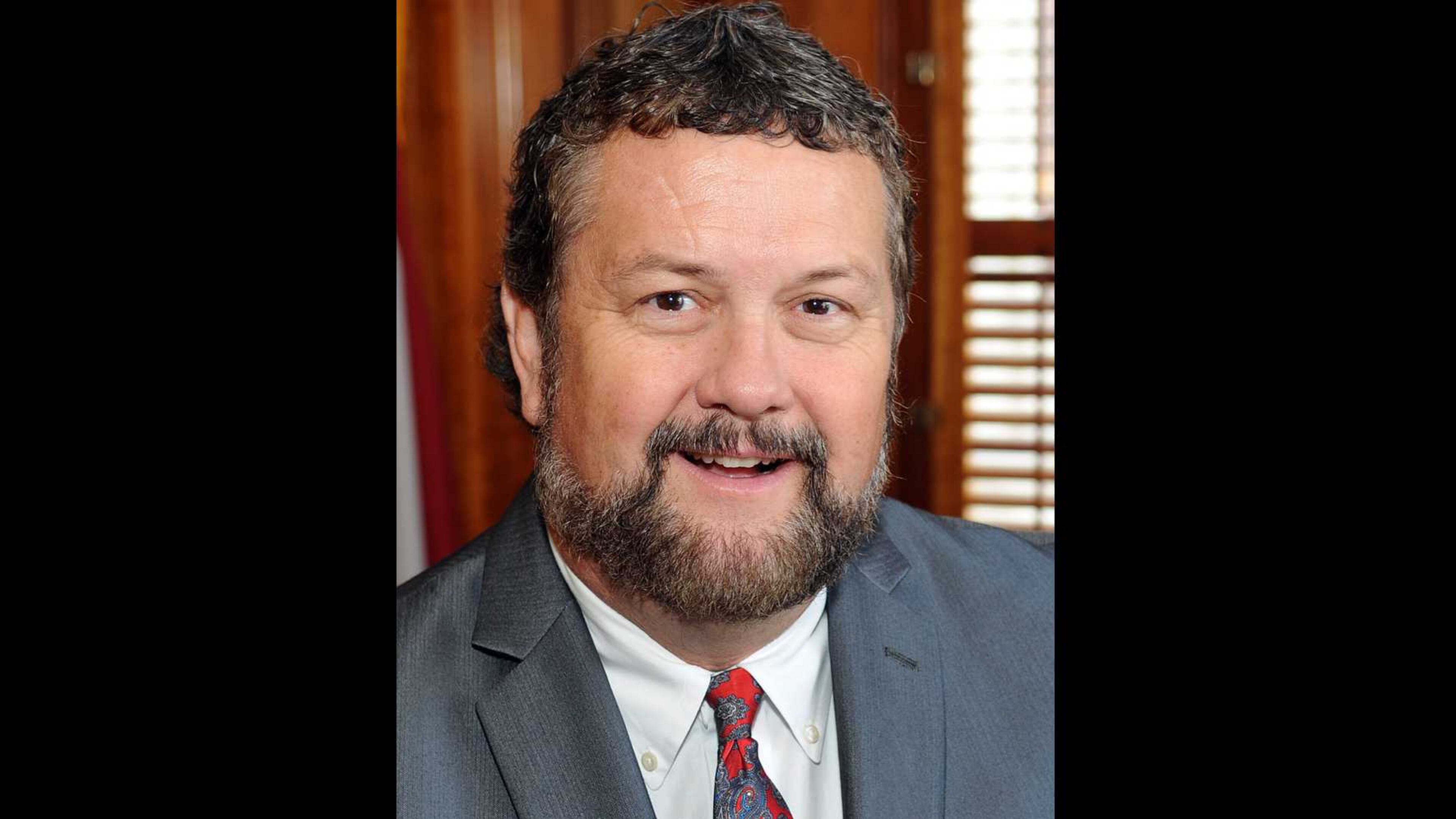Georgia colleges address concern about white privilege teaching

Presidents, deans and educators in Georgia’s public university system — in response to recent questions from a state lawmaker on the topic — say they’re not teaching courses that identify white, heterosexual, Christian men as “intrinsically privileged and oppressive.”
The majority of the 26 University System of Georgia colleges and universities did say they’re teaching one or more courses that delve into topics such as “privilege” and “oppression,” but insist it’s not being done to malign white people.
State Rep. Emory Dunahoo, a North Georgia Republican, asked University System of Georgia Chancellor Steve Wrigley for information concerning the system’s courses, sending him three questions that each included the words “privilege” and “oppression.” Wrigley on Wednesday sent Dunahoo a two-page letter and 100 pages of responses from all 26 schools.
The Atlanta Journal-Constitution requested the responses last week and received the documents Friday afternoon. Efforts seeking comment from Dunahoo were unsuccessful. Dunahoo has said he made the inquiry after people in his district asked him questions about the USG’s curriculum.
Dunahoo’s questions come amid national discussions about the concept of white privilege and how race is taught in classrooms. The discussions have become politically loaded. During his time in office, former President Donald Trump took aim at what he called a “radicalized view of American history” taught in schools across the country, calling instead for “patriotic education.” Many educators have pushed back saying not fully teaching about race is an attempt to rewrite history.
Some schools are teaching that the nation’s legacy of slavery and Jim Crow are among the state-sanctioned restrictions placed on African Americans that have given white Americans historic advantages that hold today. Research shows gaps in wealth, education, employment and business and political advancement are traced to laws and policies that blocked African Americans from opportunities afforded to whites.
Some schools, such as Dalton State College, teach courses that explore “histories of oppression of minority groups.” The University of Georgia has a course titled “Social Justice and Liberation Frameworks in School and Community Settings.” Many courses deal with the history of slavery and its impact on different aspects of modern American life.
Many schools sent several pages of course descriptions, while others sent a one-page response. A few offered detailed replies to each question.
“Concerning question #2, the answer is affirmative under the following limited context: while we may discuss the terms ‘oppression’ and ‘privilege,’ in no form or fashion are classes teaching students that certain characteristics automatically make a person privileged or oppressed, nor do any College of Coastal Georgia classes teach students that any characteristics make them ‘privileged and oppressive,’ ” College of Coastal Georgia said in its response.
Dunahoo’s questions
These are the questions University System of Georgia leaders forwarded to their colleges and universities at the request of state Rep. Emory Dunahoo, R-Gillsville. The system asked anyone with that type of information to forward details about the relevant course section to the chancellor’s office.
1) Are any classes within the Georgia public school system or the University System of Georgia teaching students that possessing certain characteristics inherently designates them as either being “privileged” or “oppressed”?
2) Are any classes within the Georgia public school system or the University System of Georgia teaching students what constitutes “privilege” and “oppression”?
3) Are any classes within the Georgia public school system or the University System of Georgia teaching students who identify as white, male, heterosexual, or Christian are intrinsically privileged and oppressive, which is defined as “malicious or unjust” and “wrong”?



